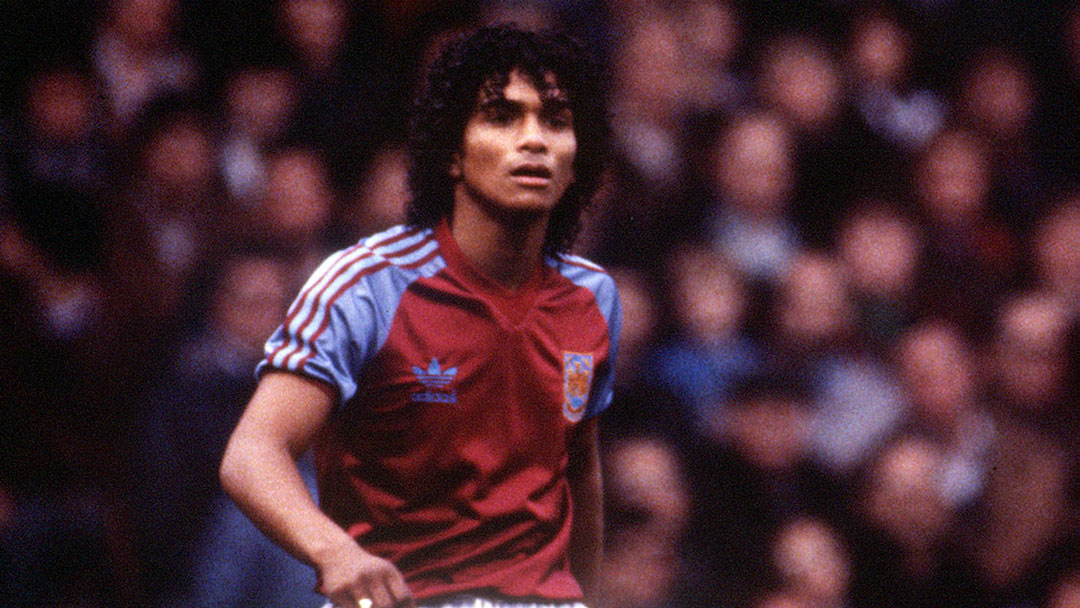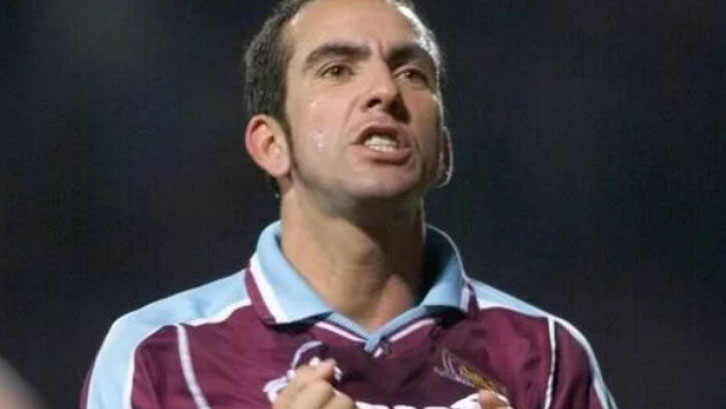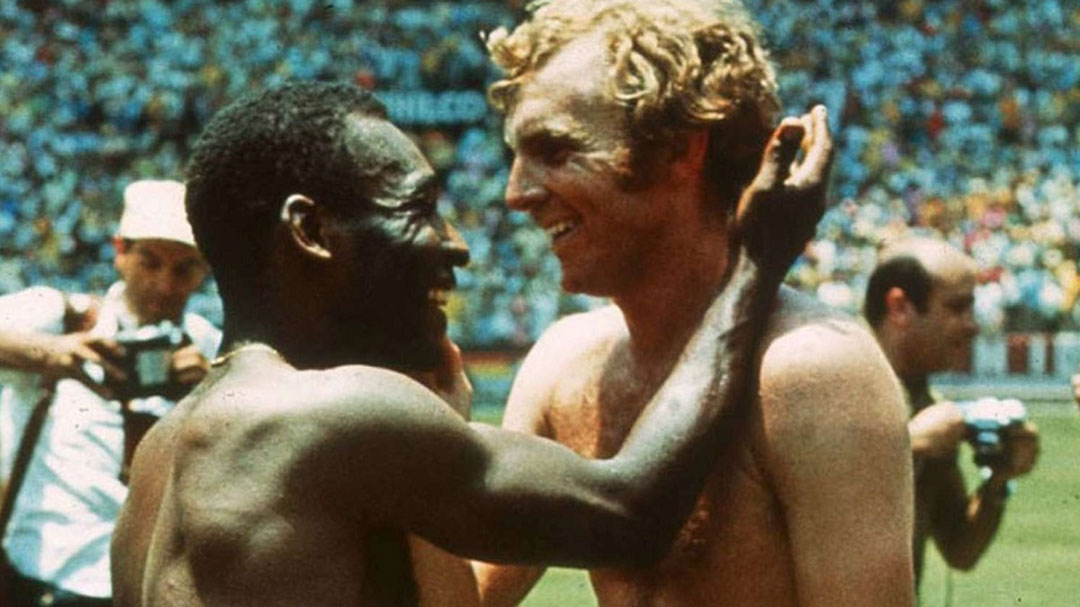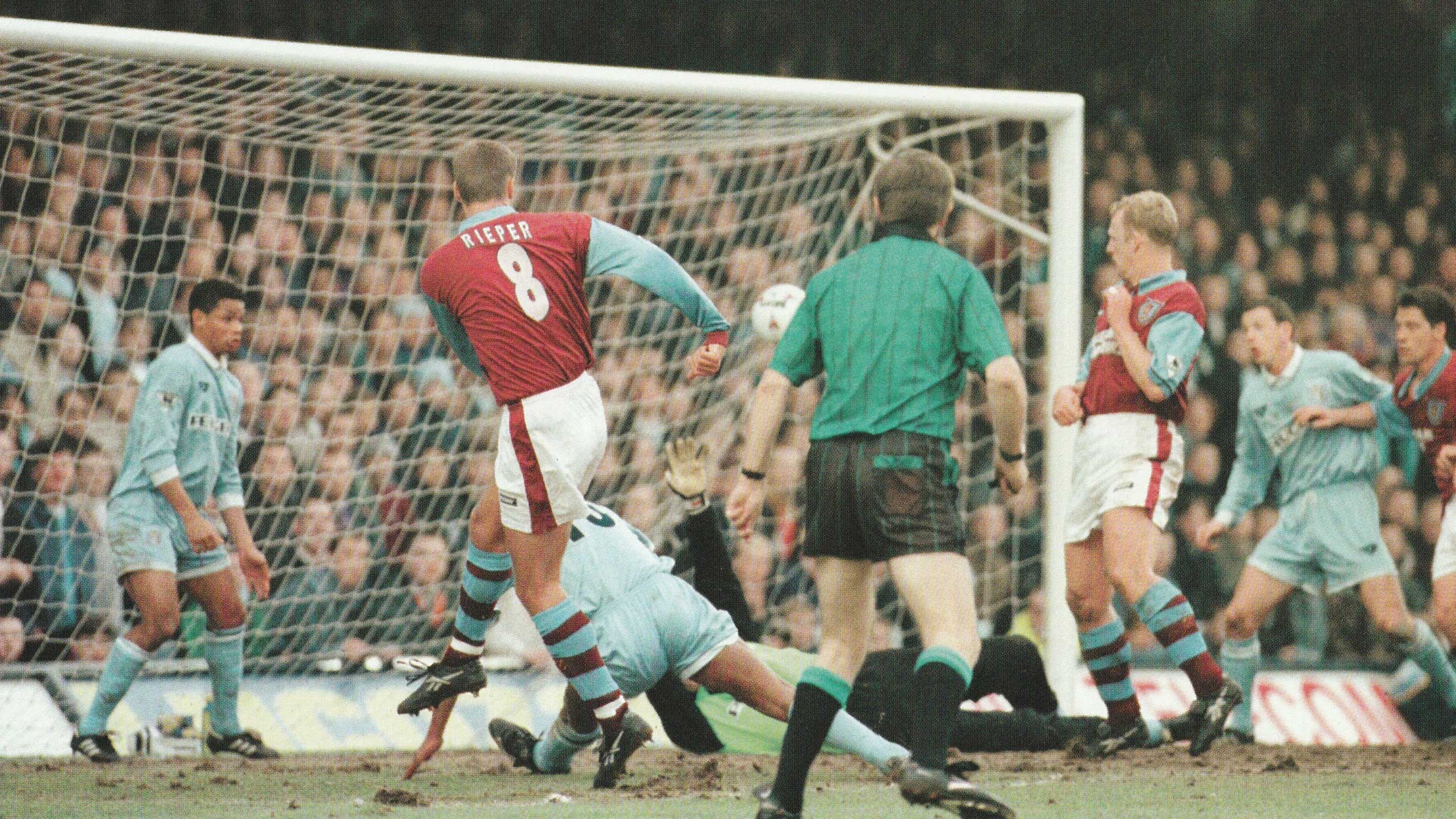Bobby Barnes turns 60 today – but with his youthful looks and athletic physique, you could easily mistake him for a man at least ten years younger.
With that in mind, it is amazing to think it is over four decades since he helped West Ham United win the FA Youth Cup and made his full debut for John Lyall’s First Division promotion-chasers.
It was September 1980 and Barnes had made his first senior appearance as a substitute for fellow Academy of Football graduate Nicky Morgan in a 1-3 European Cup Winners’ Cup first round first-leg defeat by Castilla at the Santiago Bernabéu Stadium in the Spanish capital, Madrid.
Violence marred the 17-year-old’s big moment, but he would have to wait just three days to draw fonder memories in Claret and Blue, as Lyall started him in a League game with mid-table Watford at the Boleyn Ground.
“It’s incredible that it was 42 years ago,” smiled Barnes, who wore the No7 shirt in a team that also included nine of the side which had defeated Arsenal at Wembley to win the FA Cup four months previously.
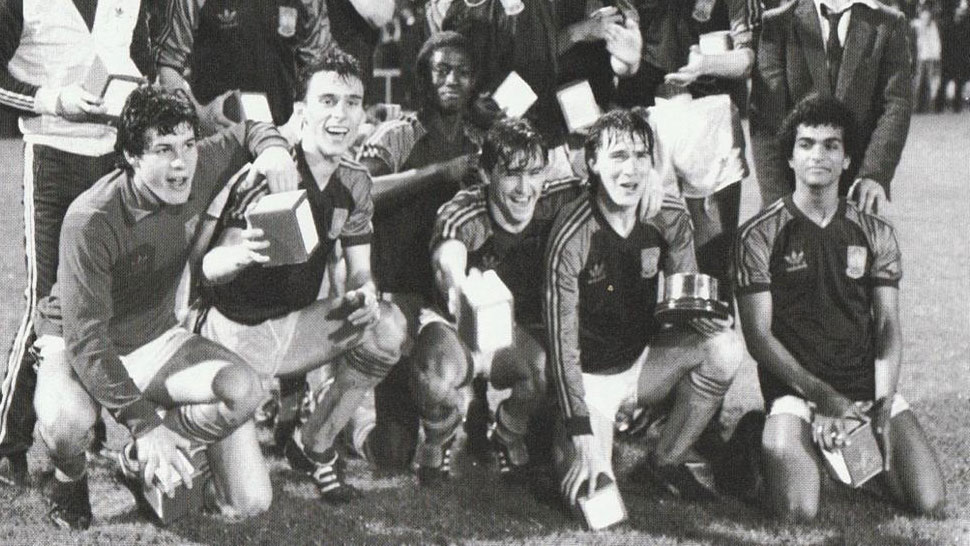
Things did not start too well for Barnes, who was turned by Luther Blissett in the lead-up to Watford’s opening goal, then lost left-back Kenny Jackett for the Hornets’ second, but the teenager did not let those moments get him down.
Instead, he picked up the ball on halfway, sped past Steve Harrison and bamboozled Ian Bolton before smashing a low shot that flew past Eric Steele and into the net to level at 2-2. Lifelong fan Barnes raced to the North Bank to celebrate with his fellow Hammers, punching the air in jubilation.
Then, with a minute to go, Trevor Brooking secured a come-from-behind victory, ensuring a perfect end to Barnes’ big day.
“Every kid dreams of making their debut, but there's always something extra about playing for your local team,” he continued. “I'd grown up as a West Ham supporter, so to score on my first-team debut, too, made it such a special day for me."
Born in Kingston, Jamaica and raised in east London, life would never be quite the same again for the teenage with magic in his boots and a perm in his hair.
“I was quite distinctive, so I wasn't just able to walk down the street anymore,” continues ‘Digger’ whose nickname was derived from a character in the blockbusting 1980s Texan oil soap, Dallas. “West Ham supporters are different to any others I ever encountered and they always recognised me.
“West Ham have always had an affinity with youth and I'd grown up with Paul Allen, Tony Cottee and Alan Dickens, while the senior players seemed to have been there forever, too. I loved the Club and there was stability around the place.
“John Lyall maintained a core squad, which bred a special camaraderie, whereas the game is far more cosmopolitan today and players don’t hang around for years.
“We now have inclusion, too. In my day, I’d drive down Green Street and the National Front would be leafleting the fans. I was still one of the first black players and it’s so ironic, when you look at today's heroes and see how multi-ethnic we’ve become. The Club and society have made great progress over the years.”
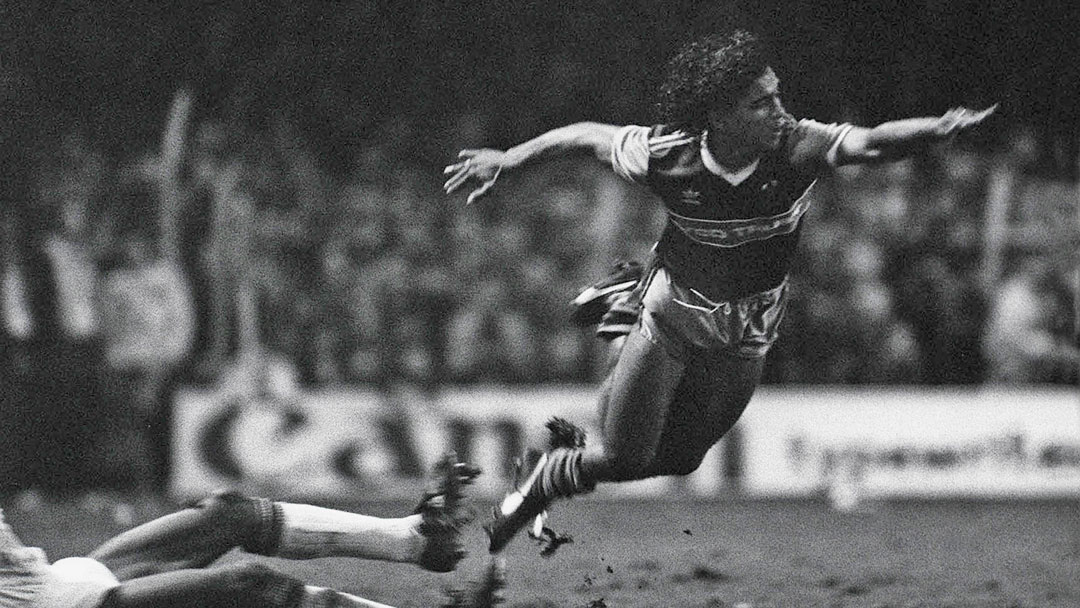
Back to the early 1980s, with established wide men such as Pat Holland, Jimmy Neighbour and François Van Der Elst also at the Club, competition for places on the flanks was stiff, and Barnes had to wait patiently for his chances. After being used sparingly for three seasons, Barnes made 17 appearances in 1983/84, and 24 more in 1984/85.
“It was still the one-substitute era and I might also have been one of those kids who perhaps thought they’d made it when there was a still a lot more work to do?” conceded Barnes, who also helped the Hammers lift the 1981 FA Youth Cup. “There were opportunities to go elsewhere and perhaps I should have taken them sooner.
“But as a local boy, I wasn’t chasing a pound note, I was trying to be patient, hoping to establish myself at West Ham United.”
Following a loan spell at Scunthorpe United, Barnes moved to Aldershot on a permanent basis for £15,000 in 1986, having scored six goals in 54 appearances in Claret and Blue.
“It was a privilege to have played for West Ham – my Club – but I realised that I had to go,” he reminisced. “I just wanted to play football and ended up having a reasonable career, winning promotions and playing at Championship level.”
Indeed, Barnes was prolific at Aldershot, Swindon Town and Northampton Town, and had netted nearly 100 League goals by the time he hung up his boots in 1996, aged 33.
“I’d been delaying the inevitable,” he explained. “Sooner or later, you’ve got to go back into the real world and, in my mid-thirties, I had to start life all over again. As a footballer, you’re institutionalised with clubs telling you when to sleep, when to eat, when to meet. If I wanted my passport, I had to ring John for it, not that we could ever have jetted off to Dubai or Las Vegas on our wages!
“I didn’t go to the doctor’s until I was 34!” admitted the birthday boy, who lives with his wife Teresa on the fringes of Epping Forest, while son Christopher can be found in the City with daughter Carly working in the medical profession. “I just went into the surgery and sat down for about for half-an-hour before somebody told me that I needed to check-in at reception first. When I played, they’d just come to Chadwell Heath.”
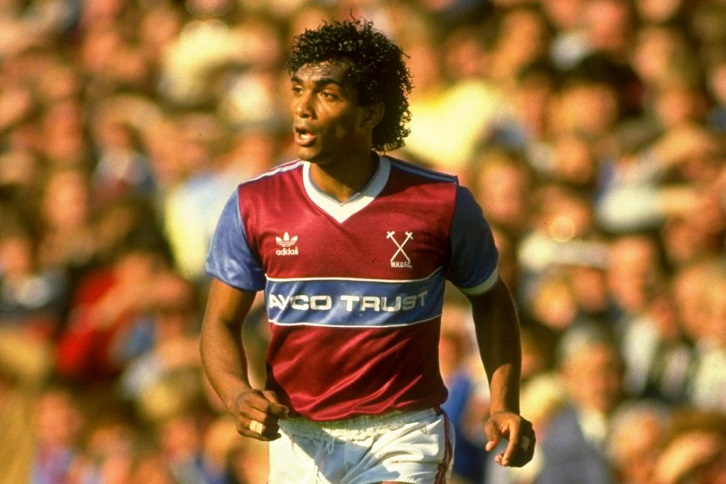
Having known former West Bromwich Albion defender Brendan Batson from his playing days, Barnes was given an opportunity to work for the Professional Footballers’ Association, where rose to the role of Deputy Chief Executive, dealing with a wide spectrum of footballing matters.
“At West Ham, I had a Jack the Lad image but, in reality, I got some decent ‘O’ levels and undertook a business studies course, so I was quite academic but kept it very well hidden!” laughed the former winger, who stepped down from his role in March this year, but continues to represent the PFA within the global players’ union FIFPRO.
Rubbing shoulders with UEFA and FIFA and awarded an honorary doctorate in science by University of East London, the French-speaking Barnes is a walking example of what can be achieved once the dressing room locker has been cleared.
“Everyone needs a Plan B because of all the pitfalls in this game,” he said, sagely. “Statistically, 85% of 16-year-olds who sign for clubs are lost to the game by their 21st birthday but, sadly, most think they’re going to be in that elite 15%.”
Barnes’ own experiences and willingness to share them have been for the good not just of his own career, but those of countless other young players over the past 25 years.
Everyone at West Ham United would like to wish Bobby a very happy 60th birthday!
